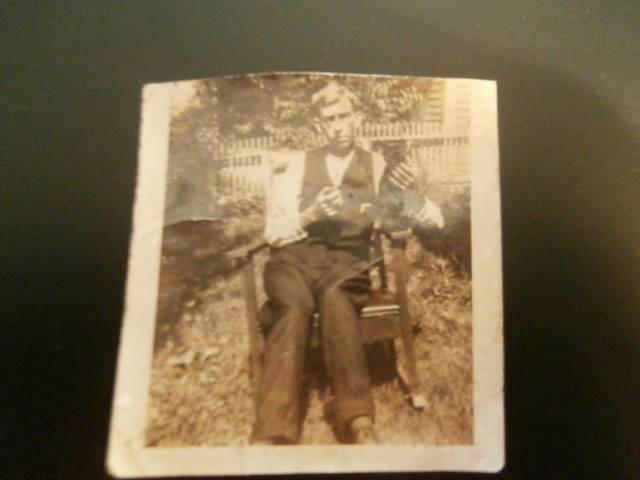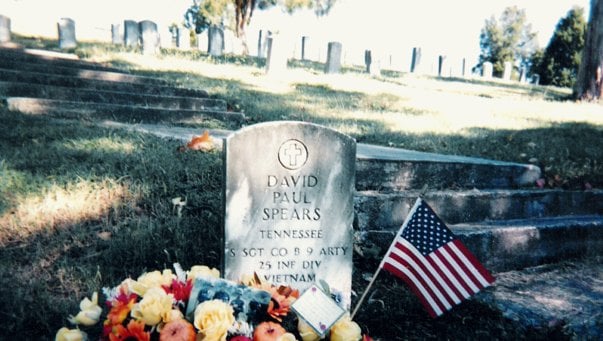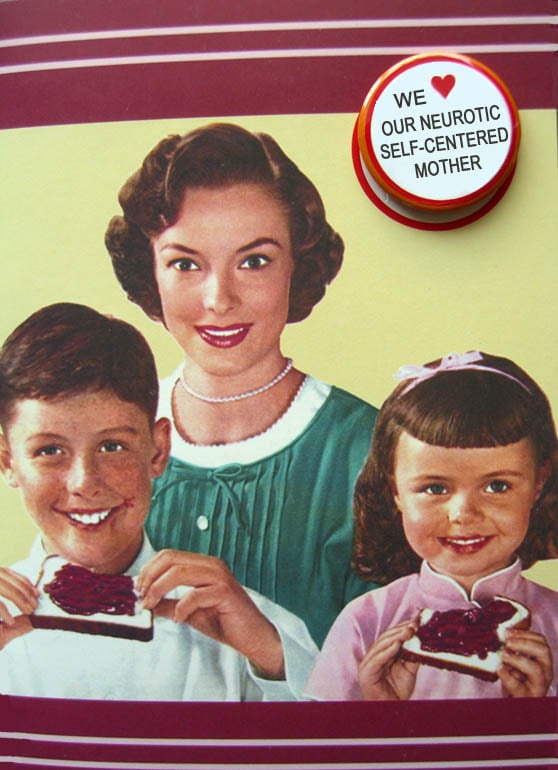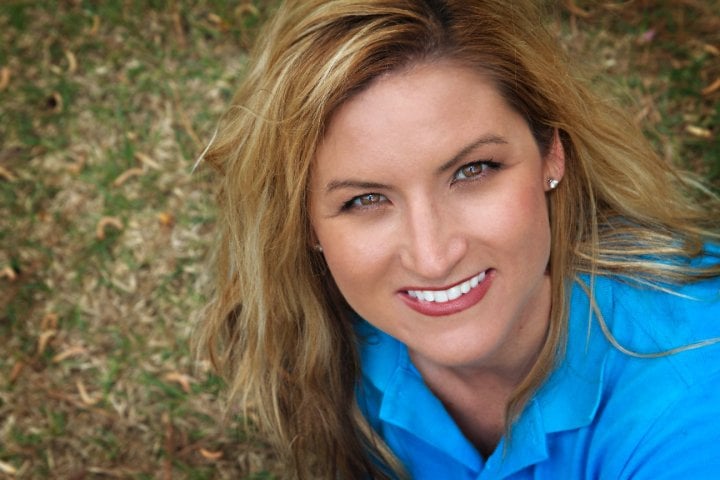 When my memoir — “After the Flag has been Folded” — was first published it was given another title: “Hero Mama”. (We didn’t understand at the time that men will only buy books titled Hot Mama.)
When my memoir — “After the Flag has been Folded” — was first published it was given another title: “Hero Mama”. (We didn’t understand at the time that men will only buy books titled Hot Mama.)
There had been a good deal of flak over the title. I had wanted “After the Flag” but my editor was worried about making it too military. This decision was made in 2004, long before the general public understood what a folded flag meant.
The title “Hero Mama” was a subtitle I had tossed out. It comes from a moment when I passed a three-story tall statue of a peasant woman in DaNang. They call her Hero Mother. She is the bronze memorial to all the women who lost husbands, fathers, son and brothers during the American War in Vietnam.
I was struck by the fact that the people we regarded as enemies had the humanity to recognize the loss that women make when war is waged. At that time we had no such national memorial to women in this nation. Most of our memorials are dedicated to men warriors. Mama is a warrior woman in her own right. She walked through hell on earth and survived. There’s something to be said for that, even if she didn’t do it particularly gracefully.
Telling people’s truth — or even your own — can be costly. There are family members who no longer speak to me as a result of the book. Family members who never read the book but condemned it anyway. One of my father’s sisters said to me during one of our last phone calls, “Why did you name this book ‘Hero Mama’? Your mother’s not the hero — your father was.” Newspapers in Tacoma and Portland trashed the book, saying if anything, my mother was abusive and I was less than honest of a writer to not admit that.
My own mother said to me, “You could have written a much worse story.” That statement alone reveals a lot about the way my mother views herself.
It’s true. I come from a long line of women who have failed at this motherhood gig. At times Mama has been an awful mother. There was too much drinking. Too much honky-tonking. Too many pills. Too many nameless men. Too much gambling. Far too many guns. And far too many harsh words exchanged.
 No one was harder on my mother over the years than me — the teenage daughter — well, except for maybe her. During one particularly heated argument during my senior year of high school, my mother blurted out, “I know you wish I had died instead of your father.” Those words still bring tears to my eyes — not because they hurt me but because I have a better sense of the hurt that caused her to hurl them.
No one was harder on my mother over the years than me — the teenage daughter — well, except for maybe her. During one particularly heated argument during my senior year of high school, my mother blurted out, “I know you wish I had died instead of your father.” Those words still bring tears to my eyes — not because they hurt me but because I have a better sense of the hurt that caused her to hurl them.
Mama felt inadequate.
She still feels that way, all these years later, even after she managed to get her children raised and out of prison. Even though she had a long and profitable nursing career. And even though all of her grandchildren have risen up to honor her and the Lord she loves.
Mama still feels like she’s failed us and God.
I know how she feels because I’ve mucked up mothering, too.
True. I have not made the mistakes my mother made. I’ve made my own. Where my mother was absent, I was hovering. Where my mother was silent, I was too forthcoming. Where my mother was distant, I was too emotional. Where my mother was too serious, I was too flippant. Where my mother was always working, I was always working.
Working is how the women in our family justify everything else we fail to get right. I see that same thing in my daughters now and it makes me wince. They will learn it the same way I did — the hard way.
When my son was speaking to me — something he hasn’t done for months now — he would often chide me about how my readers don’t even know I have a son. (Feeling inadequate isn’t solely a female trait in our family). When a child, any child, any age, quits talking to you, it makes you dwell on your failures as a mother.
Before my children left home I sat each of them down and asked them what were the greatest ways in which I hurt them growing up. I wanted the opportunity to apologize to them for those wrongs, real or perceived. My son told me the worst thing I did to him was make him eat chicken spaghetti. It was a particularly awful recipe featured in Southern Living. What I didn’t understand, what none of us understood then, was that our greatest hurts as a family hadn’t happened yet.
 I read these blogs mothers write about raising a family and I remember the worry I felt over things like should a bunny be part of the Easter celebration. I remember the trauma of t-ball and track seasons, where the coach’s kid always seemed favored, unless you were Tim’s son and then you were cut just because you were the coach’s son and he didn’t want to be accused of favoritism. I recall the late-night talks Tim and I had about which teachers the kids would get, what church offered the best opportunity for growing their faith, whatever were we going to do about that sex-ed class. (Now Tim says he’s ready to pay the kids to have sex to give him a grandchild.)
I read these blogs mothers write about raising a family and I remember the worry I felt over things like should a bunny be part of the Easter celebration. I remember the trauma of t-ball and track seasons, where the coach’s kid always seemed favored, unless you were Tim’s son and then you were cut just because you were the coach’s son and he didn’t want to be accused of favoritism. I recall the late-night talks Tim and I had about which teachers the kids would get, what church offered the best opportunity for growing their faith, whatever were we going to do about that sex-ed class. (Now Tim says he’s ready to pay the kids to have sex to give him a grandchild.)
I want to tell these young mothers to be kinder to themselves, and to their kids. I want to tell them to quit worrying so much.
Just accept that you’re a failure as a mother. Maybe then your children won’t be so disappointed in you when they figure it all out for themselves.
The untested can afford to be self-righteous.
For all the rest of us, there’s prayer.
And the most valuable scripture lesson my mama did pass along to me: “Above all, love each other deeply, because love covers over a multitude of sins.” I Peter 4:8











